
Visitors to Thailand experience beautiful beaches, resorts and ancient ruins. However, many citizens face a range of complex challenges and pressures as they struggle to make a living. The children Compassion serves experience these realities on a daily basis. But at the Compassion project, there is hope.
More than
children served
More than
church partners
Serving since
In Thailand
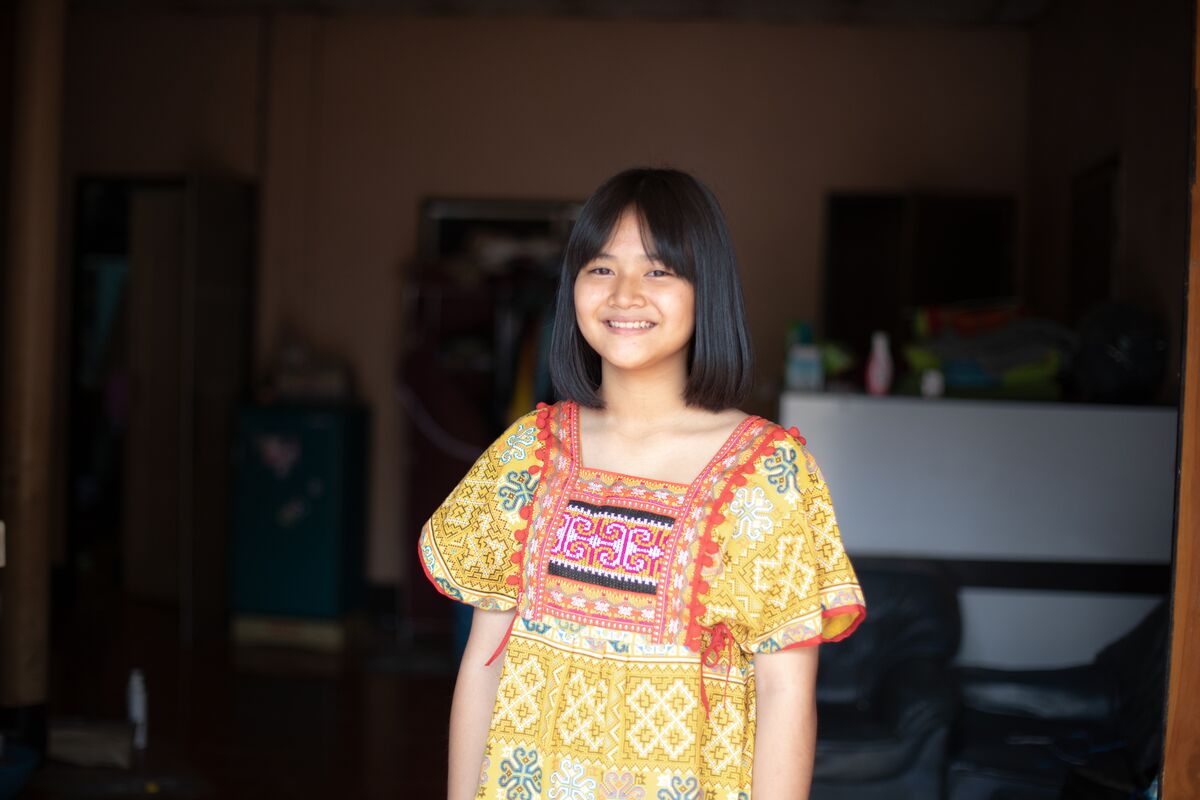
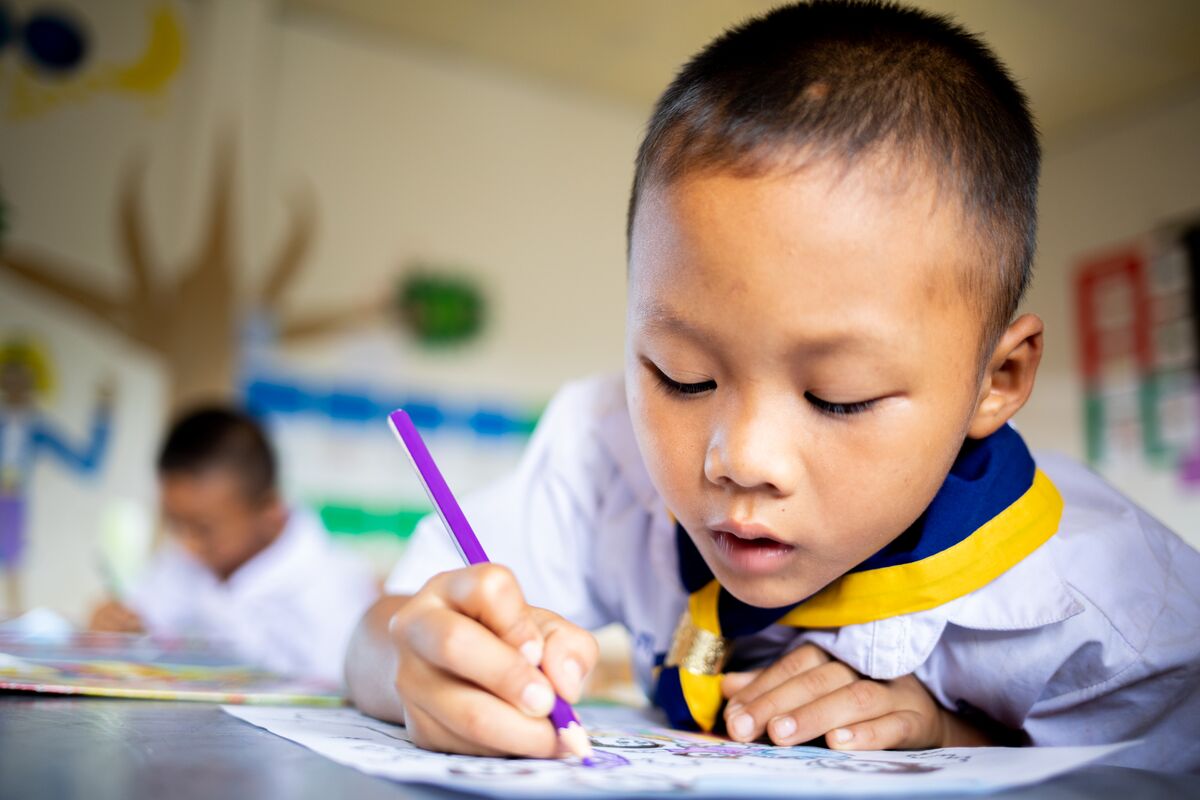
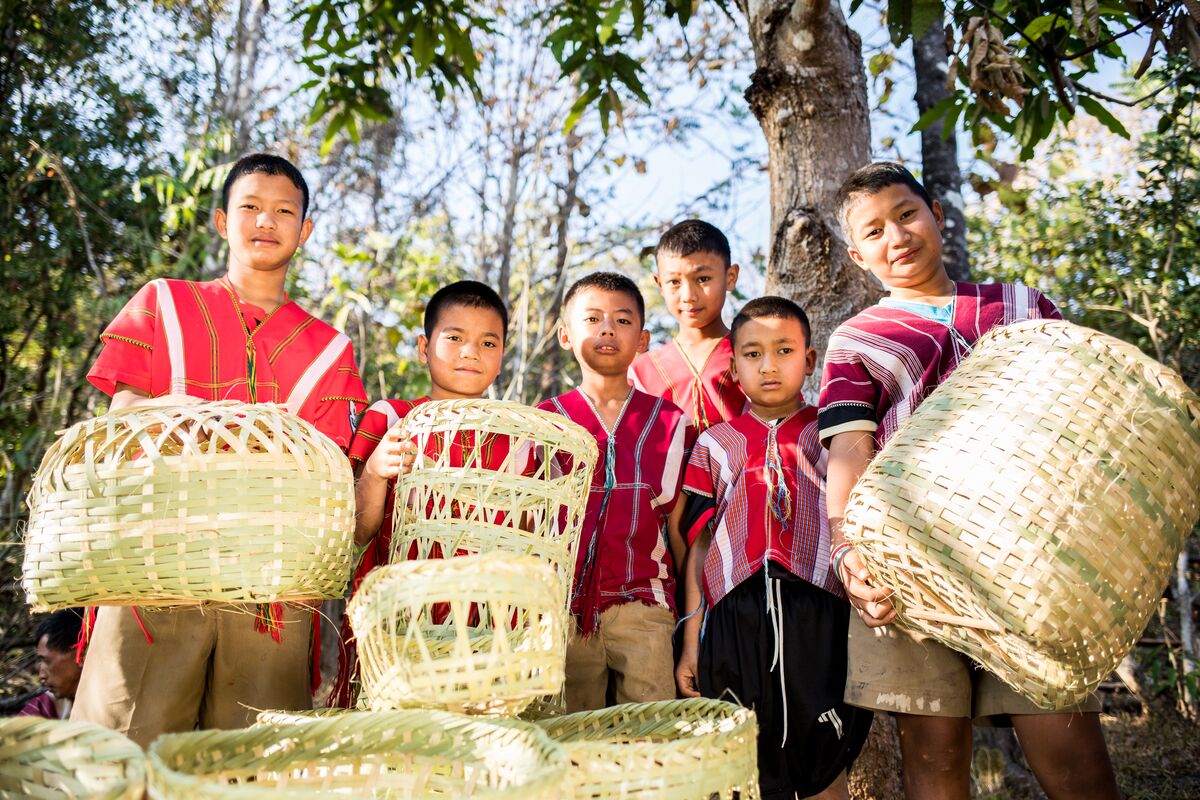
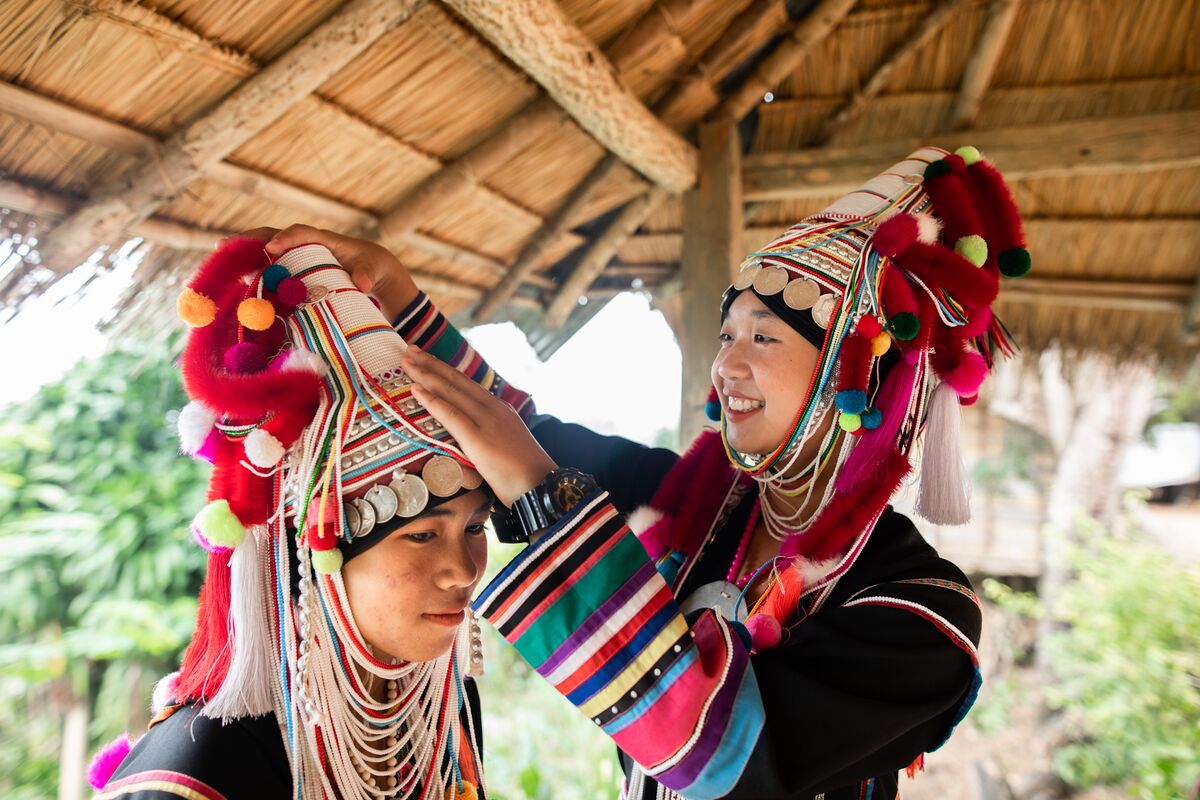
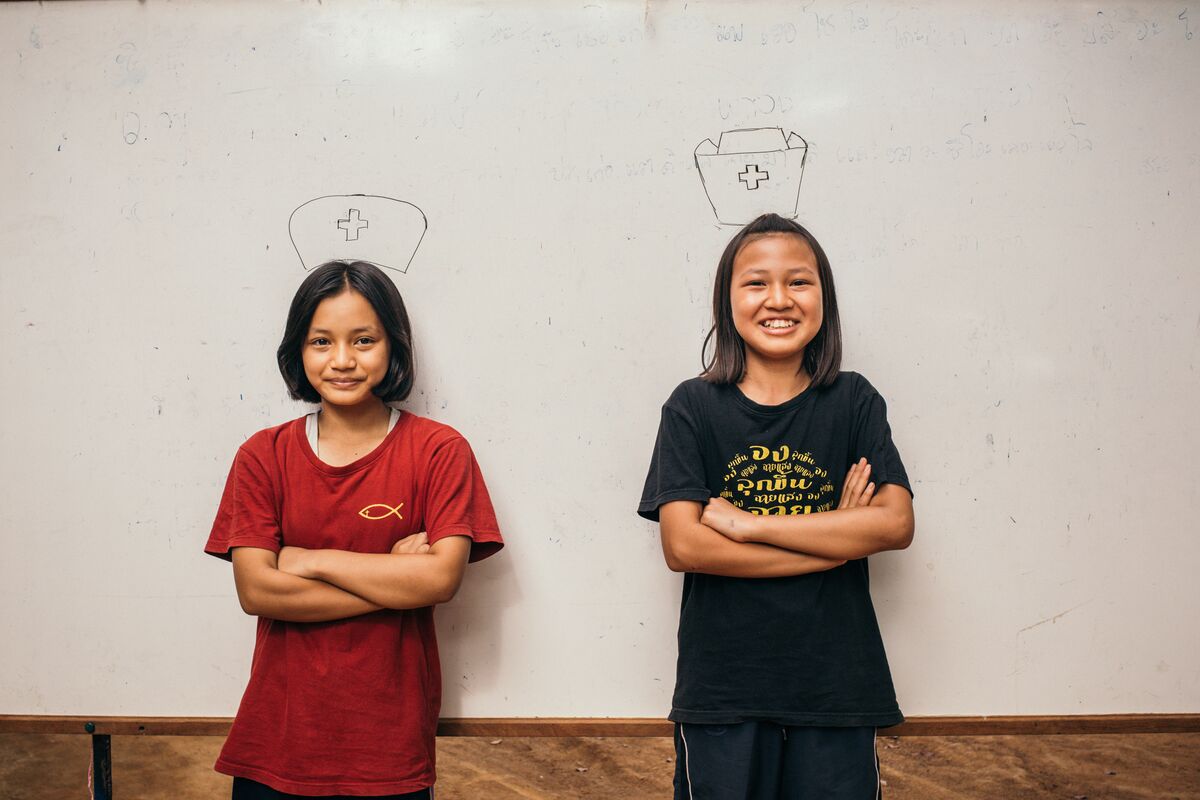
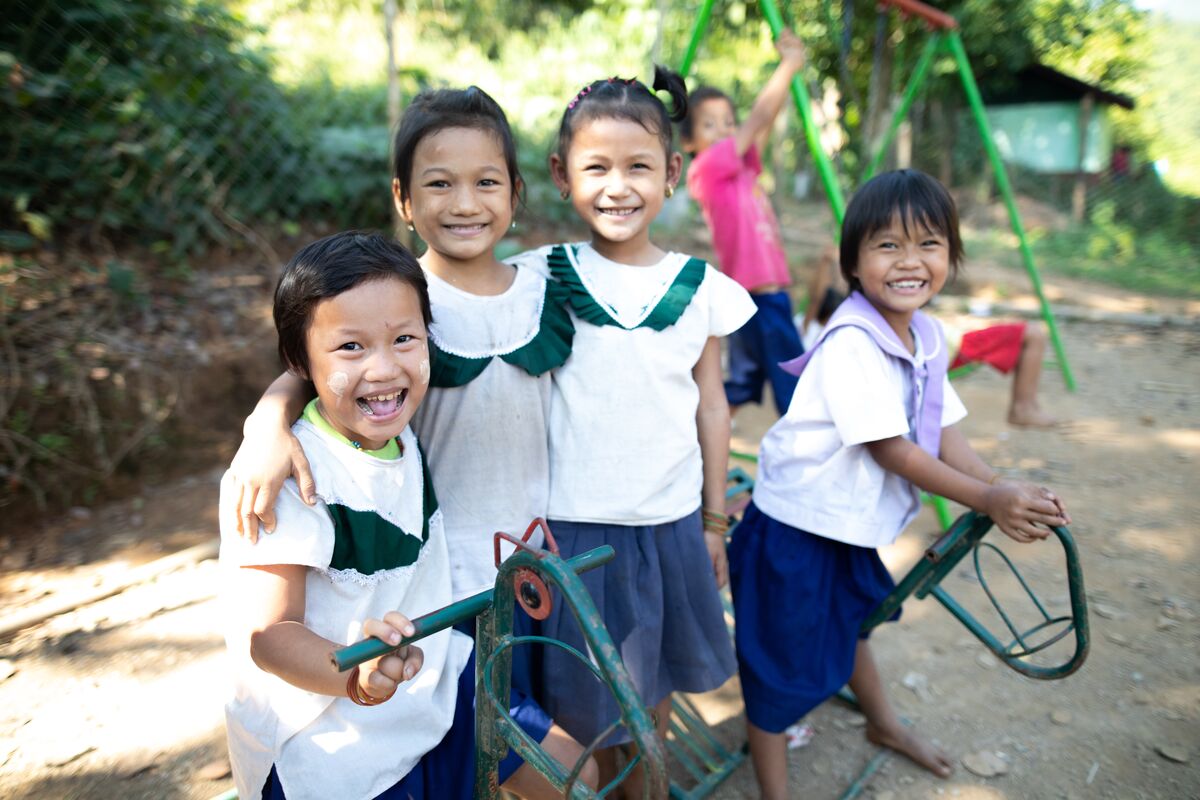
This video was released in July 2022.
If you've been inspired to sponsor a child from Thailand, visit our sponsorship page.
Pray with us for:
Thailand’s leaders as they develop strategies for economic recovery
Employment opportunities for children's parents or caregivers
Children sponsored by Compassion and their families to know God’s love for them
Siamese cats, with their blue eyes and distinctive markings, are native to Thailand and were once treasured by royal families there.
Child sponsorship with Compassion is a unique opportunity to provide a child with food, clean water, shelter, clothing and medical care.
Official Country Name: Kingdom of Thailand
Capital City: Bangkok
Population: More than 71.7 million
Official Languages: Thai
Life expectancy: Male 75 years, female 83 years
Population with access to safe drinking water: 96%
Infant mortality rate: 7 deaths / 1,000 live births
Percentage of children under the age of 5 underweight: 7.7%
Adult literacy rate: Male 96%, female 93%
Religion: Approximately 93% of the population are Buddhist, 5% are Muslim, 1% are Christian, 1% are of another/unspecified religion or none.
Percentage living on less than $2.15 a day: 0.1%
Source: CIA World Factbook, International Religious Freedom Report, released in 2022 by the Office of International Religious Freedom, U.S. Department of State
People groups from southern China are believed to have migrated to the country now called Thailand around the 6th and 7th centuries. Malay, Mon, and Khmer civilisations flourished in the region before the arrival of the ethnic Thai.
According to tradition, in 1238, Thai chieftains overthrew their Khmer rulers to establish a Thai kingdom. After its decline, a new Thai kingdom emerged in 1350 on the Chao Praya river. At the same time, there was an equally important kingdom of Lanna, centred in Chiang Mai.
In 1833, the United States began diplomatic exchanges with Siam, as Thailand was called until 1938. The Thais believe that the diplomatic skills of its monarchs, combined with the modernising reforms of the Thai government, made Siam the only country in South and Southeast Asia to avoid Western colonisation.
After years of absolute monarchy, a peaceful coup d'etat transferred power to a constitutional monarchy in 1932. Since 1992, Thailand has been a functioning democracy with constitutional changes of government. The military has attempted nearly 20 coups since the fall of absolute monarchy, with the most recent in 2014.
Art
Thailand has many beautiful art forms, including temple decoration, woodcarving and religious sculpture.
Music
Thailand has strong cultural connections with India and China. Pop music and other forms of European and American music are extremely popular, too. The two most popular styles of traditional Thai music are luk thung and mor lam. Luk thung, or Thai country music, was developed in the mid-20th century to reflect the daily challenges of rural communities. Some of the biggest stars incorporate influences from Latin America, Asia and, especially, American film soundtracks and country music. The first all-luk thung radio station was launched in 1997. Mor lam is a type of folk music popular in Thailand's north-eastern Isan region, where there is a predominantly Lao population. It has much in common with luk thung, in its representation of rural poor. It is characterized by rapid-fire rhythmic vocals, and the percussion has a funk-feel. There are about 15 regional variations of mor lam, along with a number of modern adaptations.
Language
While the official Thai language is widely spoken throughout Thailand, many Thais also speak and understand English. There are also multiple dialects of Thai spoken across the country.
Thai: Sabai dee mai krap/kaa? (How are you? male/female), Sabai dee krap/kaa (I'm fine male/female), Sawat-dee krap/kaa (Hello, goodbye male/female) Greetings in other dialects are slightly different. The differences are mostly in their tones and ending words. For example:
North-eastern Dialect: Sumbai dee bor? (How are you?), Sumbai dee krap/kaa? (I'm fine male/female)
Northern Dialect: Sabai dee kor krap/jao? (How are you? male/female), Sabai dee krap/jao (I'm fine male/female) Northern women normally use the word jao as an ending word instead of kaa. These ending words are used in polite conversation or with those who are older. The greetings Sabai dee reu?/Sabai dee krap/kaa/Sawat-dee krap/kaa are understood by every Thai speaker.
Sports and Games
Thais enjoy football, table tennis, badminton, volleyball, kite flying and takro (a sport in which the player tries to keep a wicker ball in the air without using their hands). Tyre racing, or tee-wong-law, is a favourite children's game played in the rural areas of Thailand.
Typical Foods
Thai food includes rice, beef, chicken, eggs, vegetables, fruit and fish.
The typical school year runs from May to March. Primary education is compulsory and free for all children between the ages of six and 11. The curriculum includes basic skills development, life experience, character development, work-oriented education, and special experiences.
Education in Thailand has improved remarkably in recent years, thanks to government efforts to push forward educational reform. As a result, around 95% of primary-school-age children attend school.
Secondary education is divided into two levels, each covering three years. The secondary curriculum covers five broad fields: language, science and mathematics, social studies, character development, and work education. There is also a wide range of exploratory pre-vocational subjects available.
Unfortunately, disparities in access are clear at secondary school level. About 14% of secondary-school age children are not in school, most of whom come from disadvantaged communities or are children from migrant families or those living with a disability.
Source: UNICEF
Young Aphichaya is blazing a trail in her remote community in Thailand. In her village, families rely on farming to earn an income. Higher education is out of their reach financially. But when she was registered into Compassion’s programme as a young girl, she knew her life would be different. “I didn’t know what it would be like, but I knew deep inside of me that my life would be changing forever,” she remembers. With her mother cheering her on and the guidance of Compassion’s project staff, Aphichaya won a scholarship to study Communication Arts at university. “I see myself in many girls who are longing to overcome the trauma of poverty that encircles them,” she says. If she ever doubts her ability to achieve her dream, she reminds herself of the Word of God. “Matthew 7:7 says ‘Ask and it will be given to you; seek and you will find; knock and the door will be opened to you.’”
Young Aphichaya is blazing a trail in her remote community in Thailand.
In her village, families rely on farming to earn an income. Higher education is out of their reach financially. But when she was regi
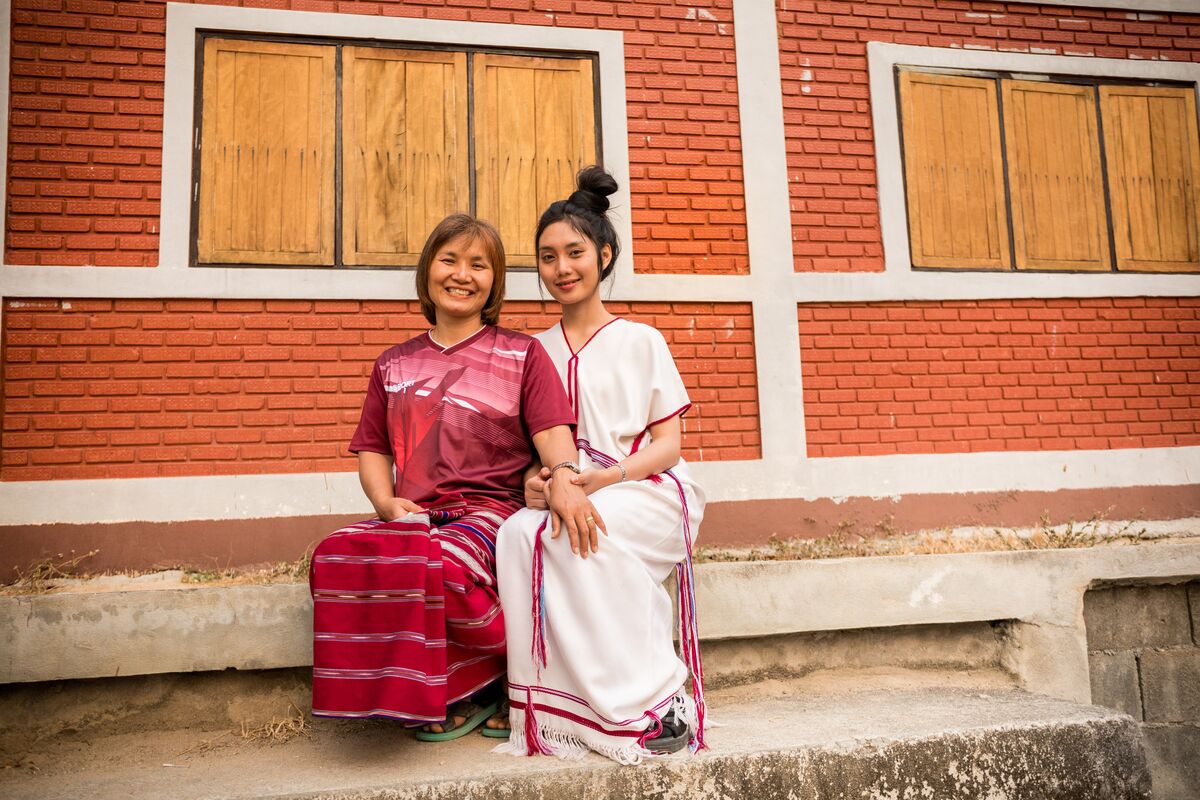
Compassion UK Christian Child Development, registered charity in England and Wales (1077216) and Scotland (SC045059). A company limited by guarantee, Registered in England and Wales company number 03719092. Registered address: Compassion House, Barley Way, Fleet, Hampshire, GU51 2UT.